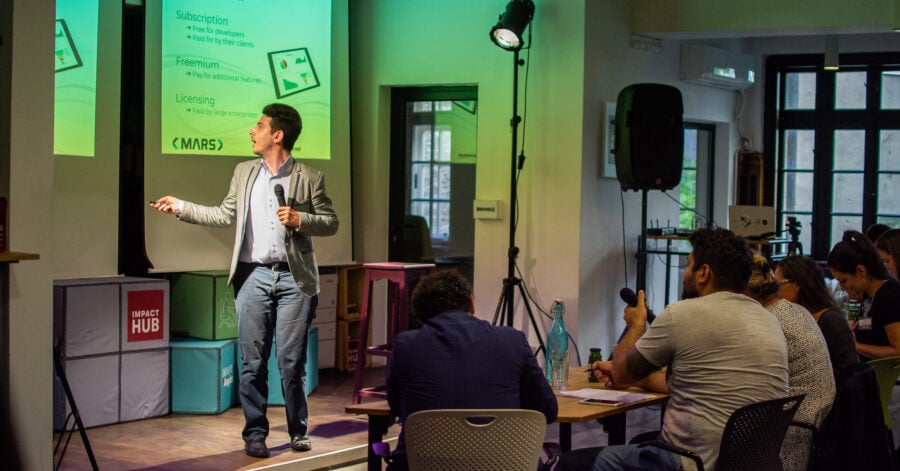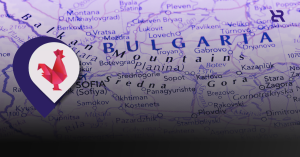The startup ecosystems in Serbia and the entire Western Balkans are still emerging and founders in the region often have a hard time finding suitable investors for their companies. The environment that would allow local innovators to flourish is still shaping and there is work to be done when it comes to the globalization of Balkan-based ventures.
One relatively straightforward model for the distribution of know-how and connections in emerging markets is through the opening of local chapters of global entrepreneurial networks. In recent years, we have seen organizations like Endeavor, Founder Institute, and Impact Hub start operations in various locations in Southeast Europe.
“Our main goal is to build a solid bridge and connect local startups with key stakeholders in the international markets,” shares Gordana Bojanic, Community Engagement Manager at Impact Hub Belgrade in front of The Recursive, the media for innovation in Southeast Europe.
Impact Hub Belgrade is a part of the globally distributed Impact Hub innovation incubation movement that consists of over 100 locations spread all over the world. While having different focus areas, each local chapter has to follow the protocols and policies voted on and approved by the members of the network.
As one solution to the challenge with the discovery of relevant investors, in Belgrade, the organization is hosting Demo Days year-round where most promising startups from its investment-readiness program are pitching to the carefully selected poll of matching investors from across the region.
The size of the market does matter
When building their pitch decks and reaching the market size slide, first-time founders often put a number they found in a market research report. It’s fast, easy, and someone else has put a lot of effort in finding this number. It’s great for a first estimation of the opportunity potential but it’s also likely to be inaccurate and maybe not even depicting the same market as the one in which the founder operates. Top-down market sizing also puts the focus away from who are your customers and how much are they willing to pay.
“We find that the total addressable market is mostly assessed incorrectly. Most commonly, founders use the top-down approach which uses 3rd party indicators and usually doesn’t give them enough data to drill down to their serviceable market and is less insightful for the investors. The preferred way from investors’ perspective is to do it bottom-up. It takes more time but has certain advantages. We think that founders should think more ahead when it comes to the market, listen to it and act accordingly to deliver their product to the customers. Therefore, we put a lot of focus on the go-to-market strategy,” explains Gordana.
It’s about impact
In 2021, Impact Hub Belgrade shows an ambition to set the focus on areas like cleantech, supporting independent digital media, and strengthening female-led startups.
“We recommend the new cleantech startups from the region to follow our updates as there will be a lot of opportunities for them in the following period. We have a plan to organize climathons for startups in the cleantech industry, providing them support to develop and scale their companies and sharing non-equity startup grants to set them for kick-off,” tells us Gordana.
Besides that, following the booming podcasting industry in the region that’s combined with the lack of sustainable models of monetization on the market, Impact Hub Belgrade will be oriented towards testing different monetization models with podcasters.
“We will also continue to focus on gender-diverse startups from the Western Balkans providing them with additional benefits through our investment-readiness program. The most promising female-led startups will have a chance to pitch to women business-angel investor group “WE Angels”, build relations with C-level women executives, and match the equity-free investment with the business leadership development,” adds Gordana.
Think big, go global
In its six-year history, Impact Hub Belgrade has worked with over 200 startups, heard more than 1000 pitches, gathered over 1000 active members and organized about 900 events. Startups part of the network have raised over €3M.
“The startup community has grown enormously in those 6 years and now has a lot more courage to think big when it comes to scaling internationally. That’s why our focus is on connecting them to the international opportunities that will enable them to do so,” concludes Gordana.








